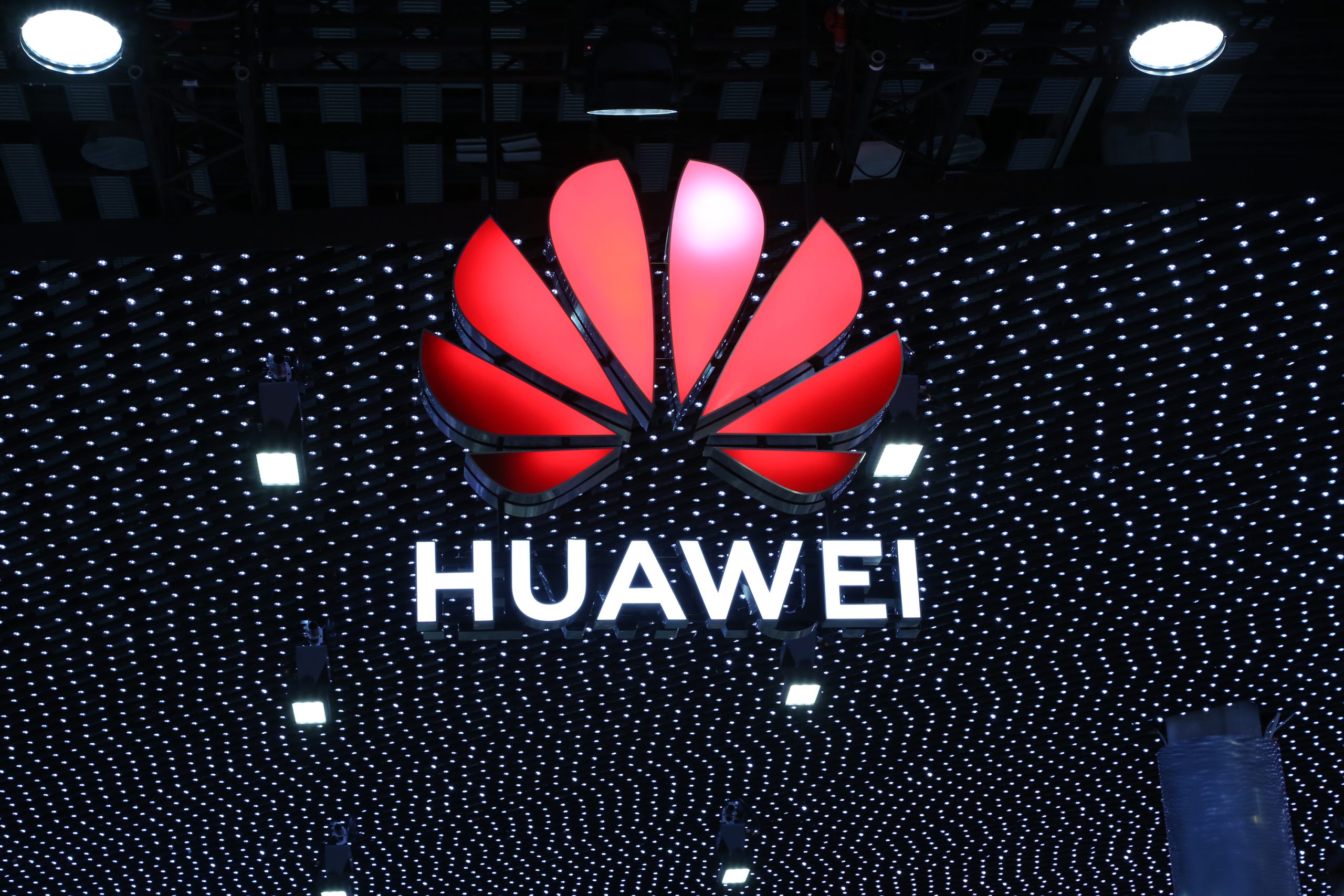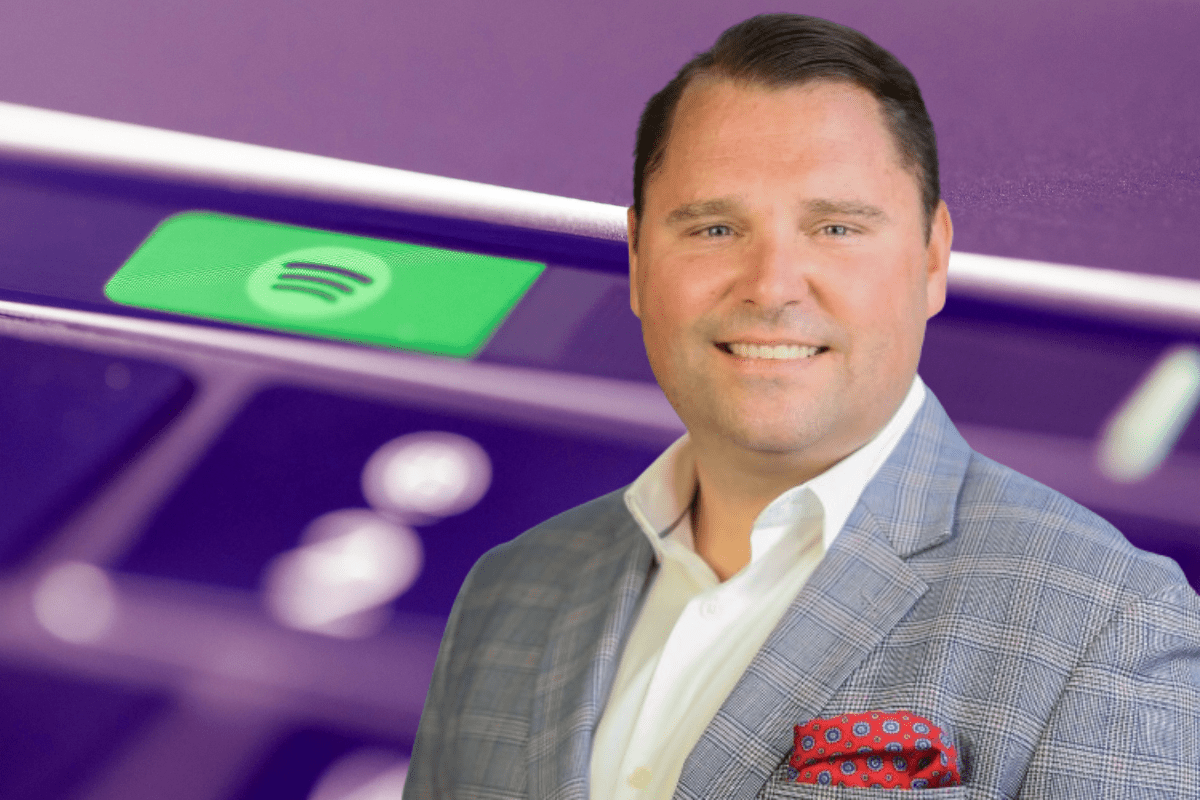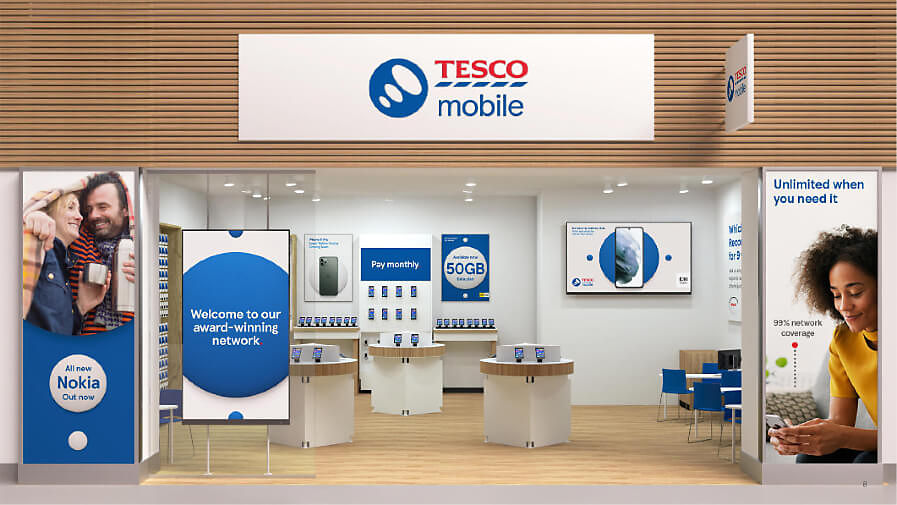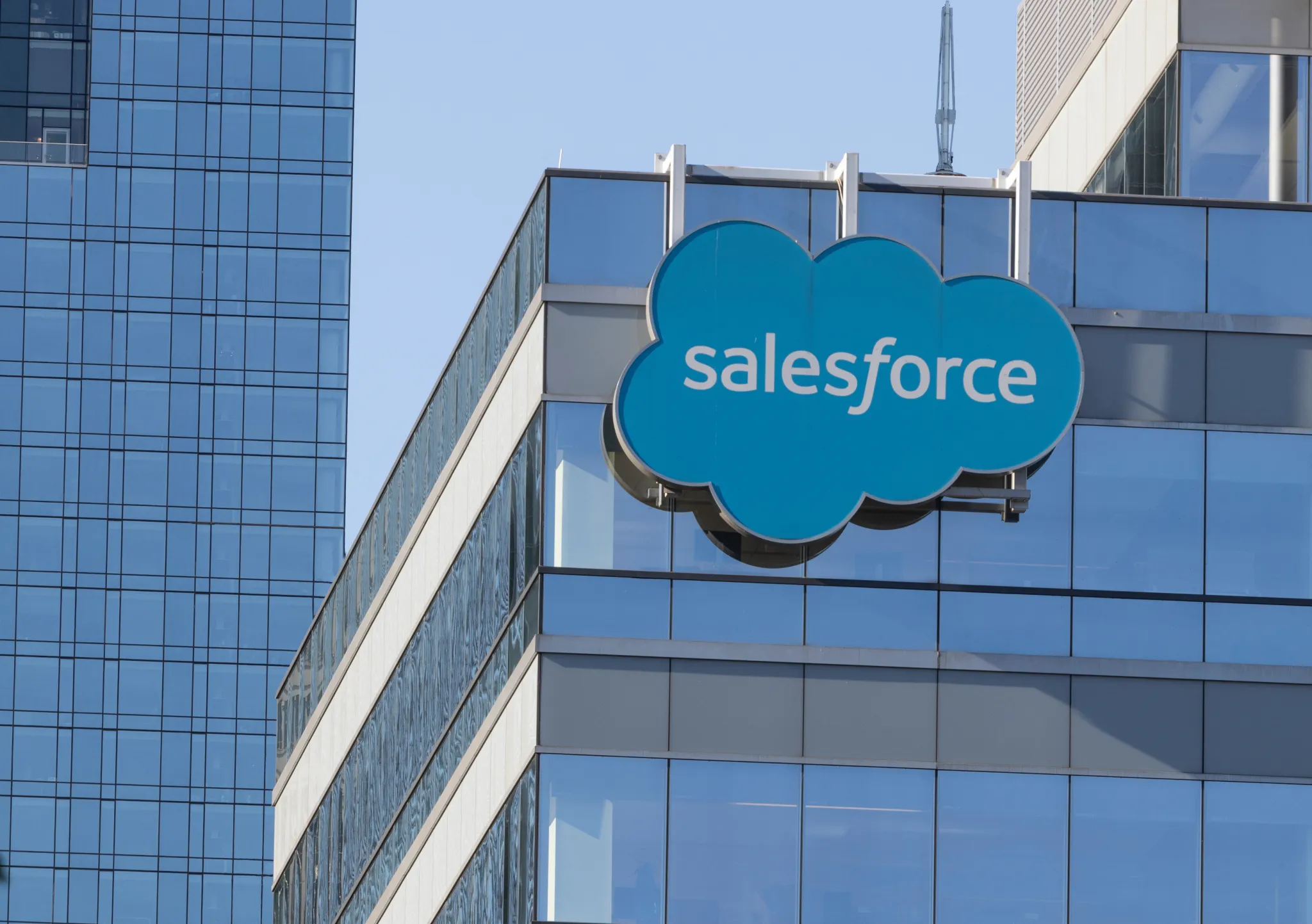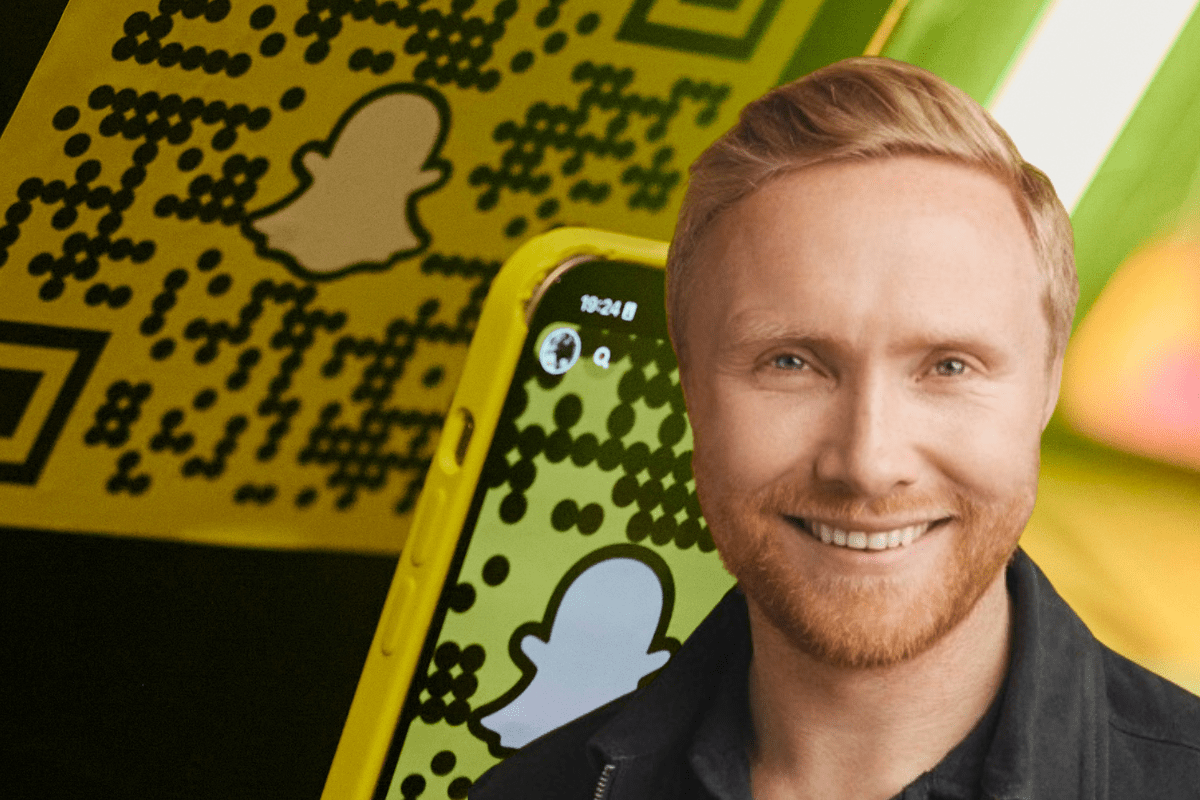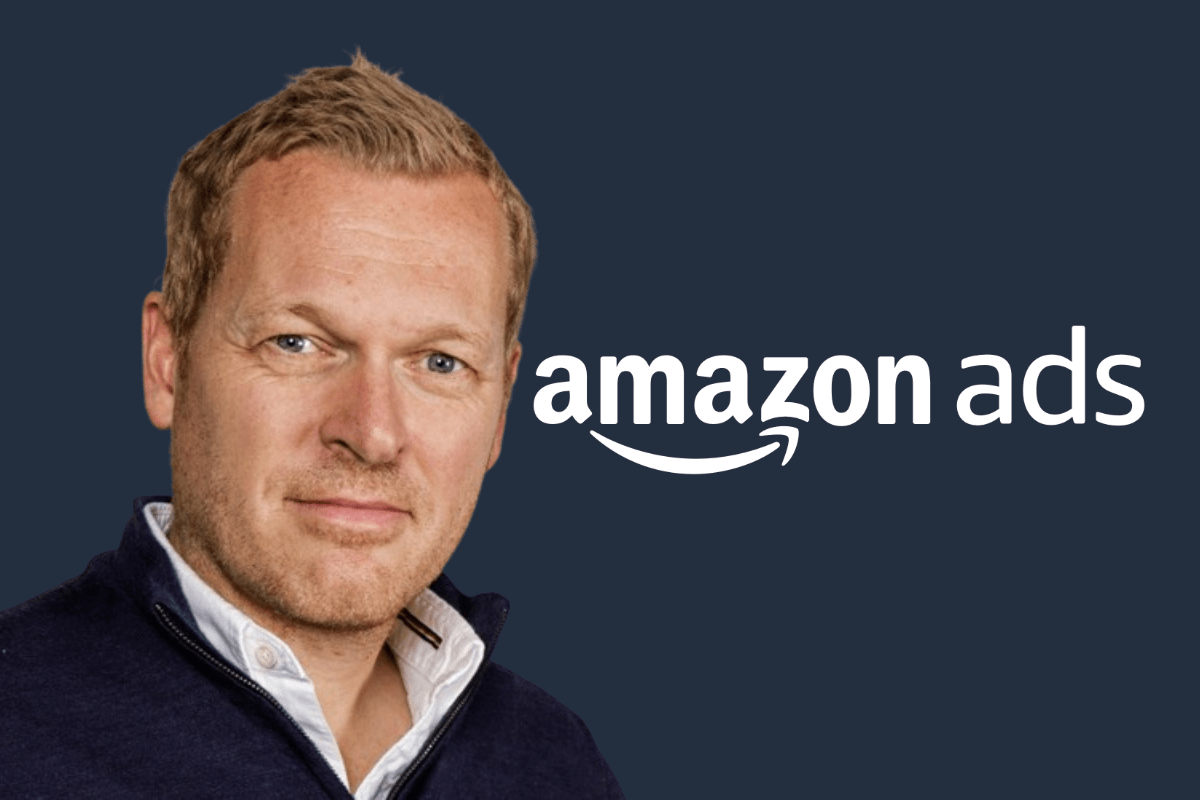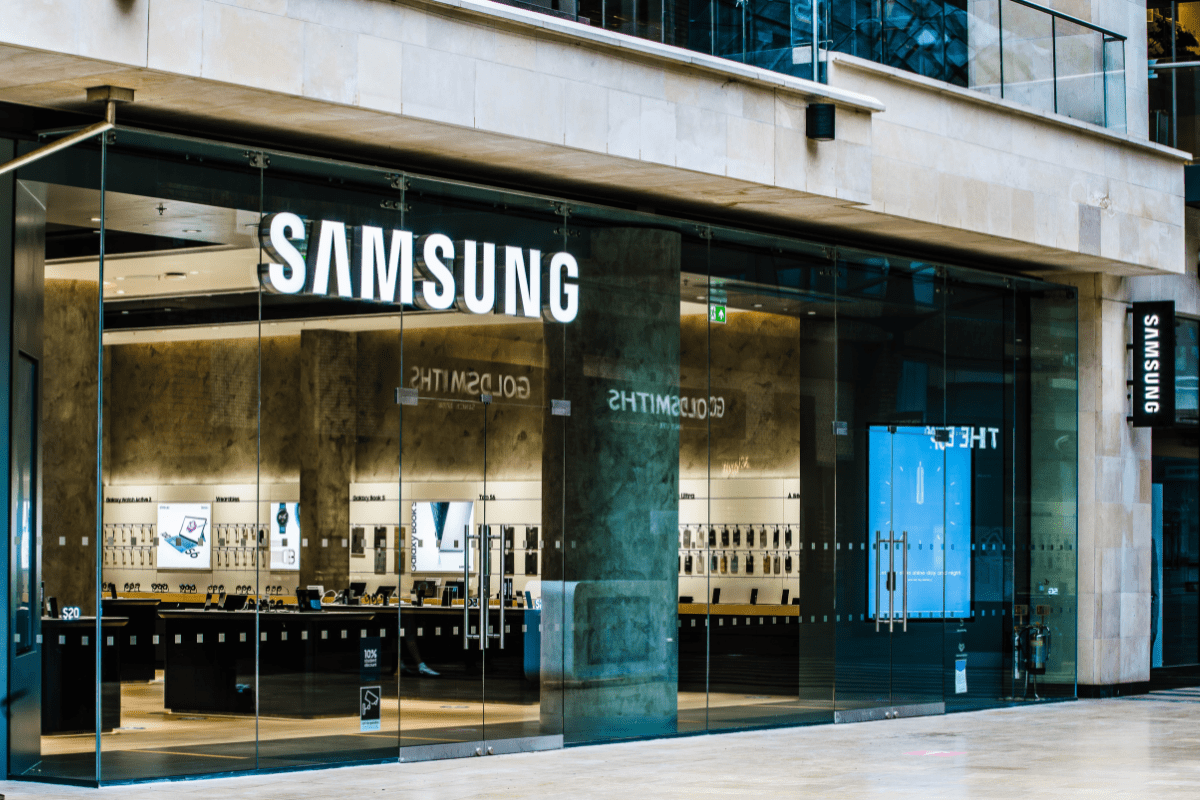The 10 Best Quotes from Our Programmatic US Summit
- Monday, July 24th, 2017
- Share this article:
Following last weeks Mobile Marketing Programmatic US Summit in San Francisco, we bring you a selection of the very shiniest gems of wisdom from the event.
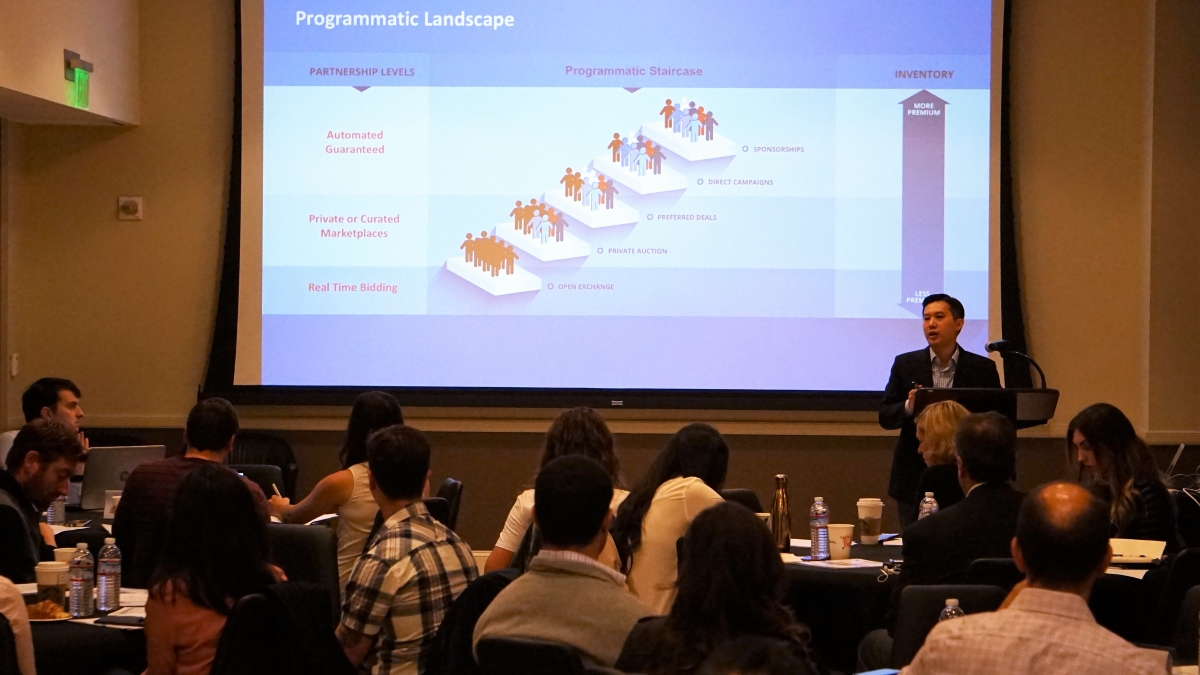
Felix Zeng, head of programmatic, Weather Company
“The analogy I use for Real Time Bidding is a flea market. There’s a plethora of inventory in there, but also a tremendous amount of fraud and inventory issues. Can you find some gems? Absolutely. But it’s something you really need to dig into.”
Starting the day was The Weather Company’s Felix Zeng, breaking down the way that the IBM-owned publisher breaks down its ad sales channels. Zeng said that, in his experience, RTB marketplaces tend to achieve a viewability rate of around 30 per cent – while private and curated marketplaces (which he compared to a high-end department store) see around 70 per cent, and automated guarantee (in Zeng’s analogy, a personal shopper) can get close to the 100 per cent mark.
Nicole McCormack, SVP revenue strategy & operations, Flipboard
“We at Flipboard have 75m monthly active users outside of the US, but our PMP business is still largely rooted in the US – so the open marketplace has been a good strategy for us to grow our international monetisation.”
In conversation with Rubicon Project’s Jocelyn Sheltraw, Nicole McCormack discussed the different approaches Flipboard is taking from country to country. She said the app considered itself a brand-building platform, with an emphasis on curation and user experience. Responding to Zeng’s analogy, she added: “We don’t want to be the flea market, we want to be boutique.”
Ryan Chandler, head of supply, BidSwitch
“A lot of the challenge that we see in PMP is just a case of human error. Me and my team, four in five of the problems we hear are that someone has copy-and-pasted a token wrong. Another big issue can be offering scale which just isn’t there – like promising a mass audience of Alaskan surfers, for example.”
Ryan Chandler shared his view on private versus open marketplaces, from Bidswitch’s perspective as a connector for both the demand and supply sides.
Mike Addonizio, director of platform solutions, Digilant
“The goal of marketing is not to acquire devices, necessarily, but to acquire and retain real people.”
Digilant’s Mike Addonizio took the audience back to 2007, when the cookie ruled supreme. It was a cautionary tale of becoming over-reliant on a single identifier, and he reminded the audience to consider what happens when consumer behaviour changes again, or if Apple shuts off access to device IDs.
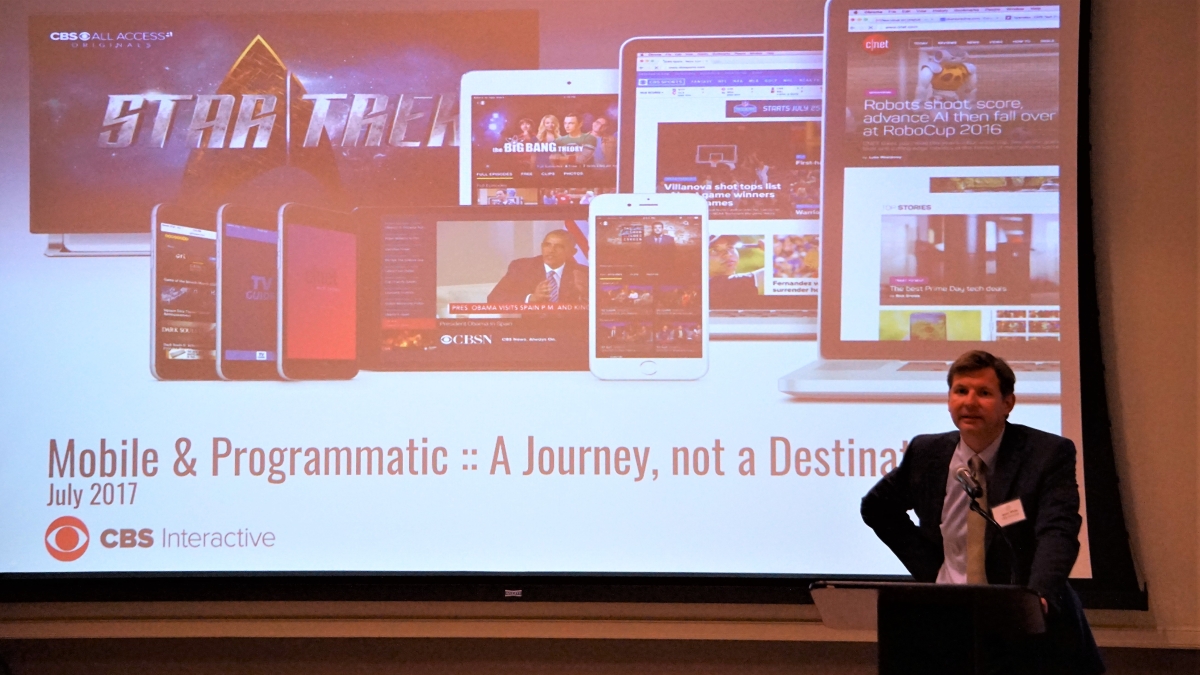
Jason White, SVP & GM global programmatic revenue, CBS Interactive
“The reality is, all publishers have lots of first-party, cross-platform data. If we can start a co-op where all publishers put their data inside a platform, and advertisers are able to access those audiences – that’s our hope, that’s what we’re working towards. If 85 cents of your dollar goes to Facebook currently, we’d like to make it so next year that’s 65 cents, and then 55.”
Jason White talked about how publishers like CBS are trying to make their own way, in the face of
Google and Facebook’s dominance. That’s not to say the company has rejected the Big Two entirely, however. CBS has made big steps with Google’s AMP format, which White said has soared in terms of volume – but struggled to convert that into any meaningful ad revenue. AMP brings in $4.92 per 1,000 impressions, compared to $22.70 for the mobile web.
Matthew Hogg, head of programmatic sales, LinkedIn
“Three or four years ago, programmatic felt like this tidal wave that was going to hit the industry, and put people like me out of a job. I think the reality – as the concerns about brand safety this year have shown – is that programmatic is kind of a tearaway teen.”
LinkedIn’s Matthew Hogg talked about the maturity of programmatic, and the industry as a whole, as the two adapt to better fit together. The key developments currently, he said, were the moves towards quality (“We can’t just be focused on scale and low cost and sacrifice quality anymore”) and transparency (“People accept that a large amount of the data in the marketplace isn’t very accurate”).
Nemr Elsotary, global digital media lead, Airbnb
“We’ve shifted approaches over the past two years. We don’t worry about whether we’re using PMPs or open marketplaces so much anymore – we just worry about where can we find our audience, period.”
Airbnb’s programmatic spend is shrinking, according to Nemr Elsotary, as it struggles to reliably find its audience across different distribution channels, compared to its match rates of 50 per cent on Facebook.
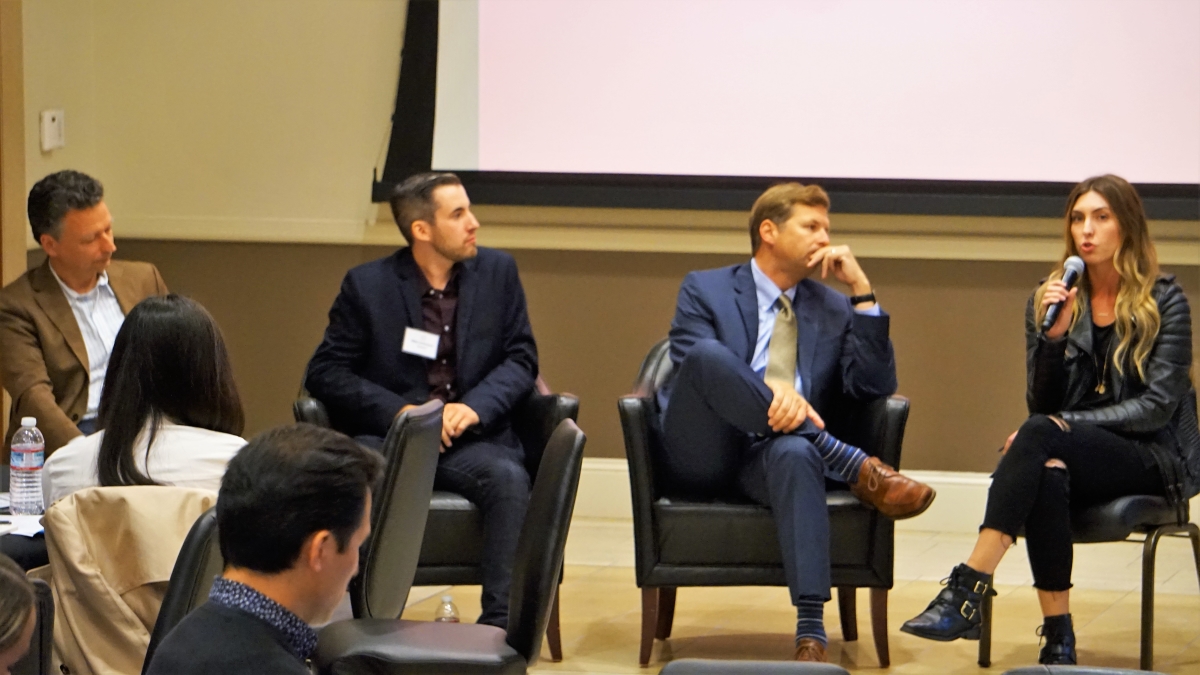
Mathias Kruck, client service director, BidSwitch
“In addition to starting out with Facebook, I would advise using a DSP that you can ask a lot of questions. If you pick not one of the larger players but somebody who’s more mid-tier, there’s a lot you can ask them and learn from them.”
On the day’s closing panel, Bidswitch’s Mathias Kruck shared his tips for smaller brands dipping their toes into the waters of mobile advertising for the first time.
Jocelyn Sheltraw, senior director of mobile, Rubicon Project
“Because of all the issues we have with fraud and a lack of transparency, what we’re now seeing is that brand buyers are working directly with the SSP, and not through a middleman like a network. We’ve had to tailor our offering to that, and so we’re looking at things like curated PMPs, where we have a bunch of brand-safe inventory bucketed to make it easier to buy. It’s still something that’s being worked through, but we’ve seen this major transition in the past six months where it’s become really important.”
Jocelyn Sheltraw discussed the growing importance of related transparency issues for advertisers and how Rubicon Project is responding, in light of the brand safety revelations earlier this year.
If you want the chance to take part in these discussions next time, either as a partner or delegate, check out the Mobile Marketing Summits site for details of our upcoming events.




